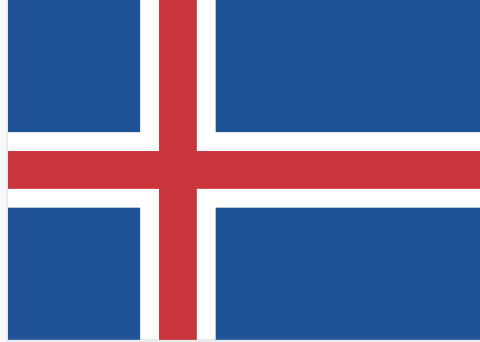Iceland is emerging as a hub for technological innovation with its strong focus on sustainability, digital transformation, and gaming. A mix of startups and established companies are spearheading advancements across industries, making 2024 an exciting time for innovation in the Nordic nation.
One prominent innovation is Carbon Recycling International (CRI), which is pioneering carbon-to-methanol technology. Their innovative Emissions-to-Liquids (ETL) approach captures CO2 emissions and combines them with renewable hydrogen to create methanol, reducing greenhouse gases and supporting the circular economy.
Another leader in cleantech is DTE, which uses advanced recycling methods to optimize aluminum recycling while cutting emissions and improving energy efficiency.
The gaming sector is another pillar of Iceland’s innovation story. CCP Games, famous for developing EVE Online, is one of the most successful gaming companies in Iceland and continues to shape the MMO gaming experience with cutting-edge virtual worlds.
Similarly, Quest Portal is revolutionizing tabletop role-playing games with AI assistance and accessible online interfaces that bring creativity to a broader audience.
In fintech, Meniga has been making waves by offering AI-driven digital banking solutions. Their gamified finance tools enhance user engagement and provide personalized financial insights to users, supporting financial wellness across European markets.
Sustainability is also at the forefront with Coolity, a startup innovating in the seafood packaging industry by creating eco-friendly, efficient cooling options that transform discarded materials into functional alternatives. Their focus on the environment has proven essential for advancing sustainable packaging within seafood supply chains.
Healthcare innovation thrives through Kara Connect, a telehealth platform transforming mental health accessibility across Europe. By creating secure, GDPR-compliant connections between healthcare professionals and patients, Kara Connect addresses gaps in mental health care through technological integration.
Additionally, companies like Lucinity are addressing financial crime with AI-powered anti-money laundering tools. Their unique combination of machine learning and human intuition has set new standards for compliance and detection capabilities within financial institutions.
Finally, the edtech sector has found a strong advocate in Mussila, a platform offering children engaging, gamified music learning experiences. This initiative integrates play with education, making music learning interactive and accessible for young learners.
These innovations—spanning cleantech, fintech, gaming, edtech, and AI-powered solutions—underscore Iceland’s commitment to sustainable development, technological progress, and addressing global challenges with creative solutions. The combination of a skilled tech workforce, a forward-thinking government, and access to European and North American markets positions Iceland as an innovation leader for 2024.




